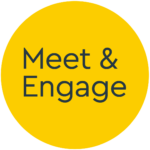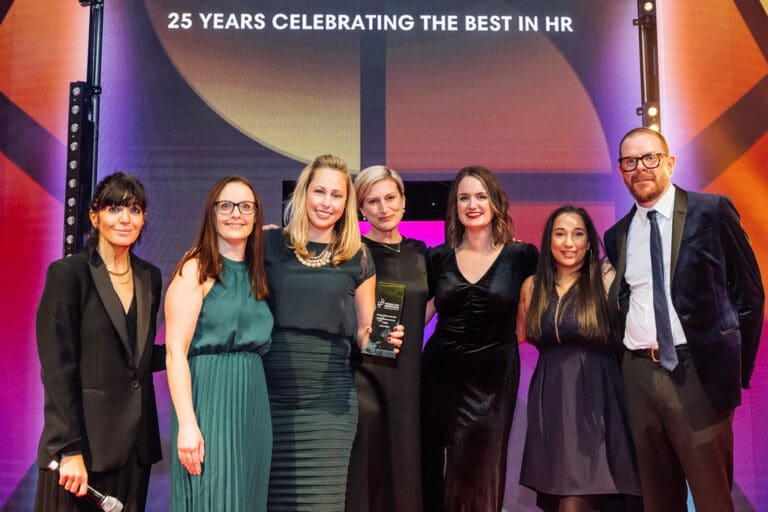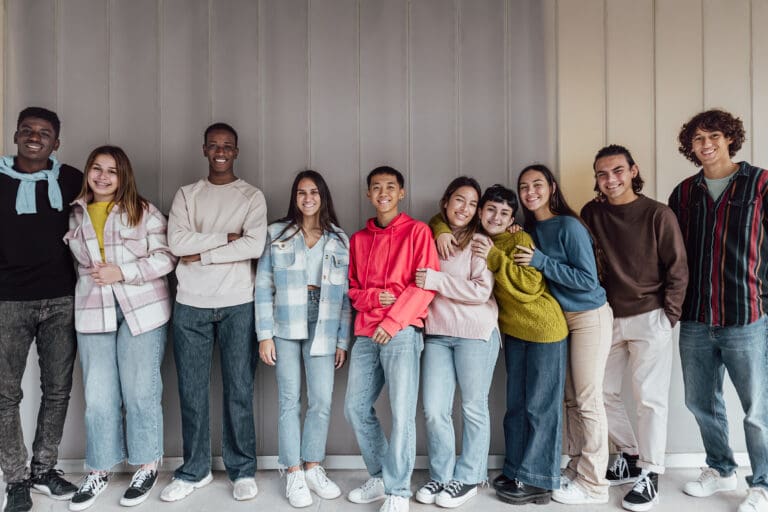Bright Network and EY conducted research to explore the views of women studying at UK universities, who want a career in Technology, Engineering or Consulting (TEC).
They wanted to understand their experience of exploring their future career options including the recruitment process, and to get their views on what can be done to enhance their experience. Click here to view the infographic of our research findings.
A total of fifty of this sought-after target audience joined the Meet & Engage platform for the session that evening – it was a lively hour-and-a-half and produced some really rich insights.
Authenticity isn’t a nice to have, it’s a necessity.
When I reflect on the findings, there were plenty of reminders, in particular that reputation as an employer, your culture and the career progression on offer are all crucial factors in making their choice of employer.
The biggest surprise was that, as employers, we’re still missing – or not optimising – the obvious opportunities to fully engage this group of talented and motivated women.
Above all, whether we were exploring the group’s experience of the recruitment process or the primary factors when choosing which job offer to accept, having genuine insight into your organisation and in particular its culture, was critical to this group’s experience and decision-making process.
What’s more, our group told us – loud and clear – that hearing from your employees was the most useful way to do this.
So, why is hearing from your employees so important to this group?
Firstly, we’re in an age of peer review.
It’s the norm to seek insight and feedback from our peers and those we feel are in a position to give us a genuine picture.
From TripAdvisor and AirBnB to Glassdoor and our personal social media groups, we trust our peers more than corporate brands. Our group shared that;
“… you can read a lot about a company, but the company comes to life and becomes real when you meet its greatest assets – the people” and “… the way the ambassadors sell the company, their engagement level, their honesty, and how they communicate – I believe that they give an insight on how the culture of the company may be”.
Moreover, authenticity isn’t a nice to have, it’s a necessity. Our group felt that;
“hearing honest and personal experiences really distinguishes a company”;
Only your employees, not a brochure or website, can do this with true authenticity.
Secondly, humans like to belong. We like to recognise ourselves, or what we aspire to be, in others. All of which explains why hearing from relevant role models inspires future talent; one student told us;
“…we need positive role models – when I meet a powerful woman, I feel motivated and energised to become like her one day”.
And thinking about TEC specifically, our group said;
“meeting those who work in TEC would really put faces to companies” giving “deeper insight and reassurance that anyone can get into this field – it’s not exclusive”.
Lastly, the more informed people feel, the more confident and empowered they are to perform at their best – and this goes for the recruitment process as much as any other aspect in life.
Our group felt employers had a role to play in helping them prepare for the assessment and selection process – and hearing from those who’d been through the journey i.e. last year’s intake, was a smart way of doing this.
The answer is that technology doesn’t need to replace the human touch; instead, it
augments it.
So, if lifting the lid on your organisation is key to engaging – and ultimately hiring – women in TEC, how do you do this at scale?
How do you balance access to your people and business with existing resource and time constraints?
Technology can undoubtedly play a role.
But achieving the balance between exploiting technology and maintaining a high-touch can be a tricky one.
Take video interviewing for example; our group over-whelmingly preferred telephone or face-to-face interviews, stating video interviews were the part of any recruitment journey they found most challenging;
“…connecting without interacting is really difficult”.
We help our clients re-imagine the candidate journey, using technology to re-humanise the relationship between their organisation and their candidates.
At our heart, we recognise technology can’t replace – but instead enhances – the personal and human experience that candidates, like our group of undergraduates, now demand when choosing their next step.
Our candidate engagement technology is powered by live chat and personalised content, where real-time sessions are delivered by your employees to prospective candidates throughout their journey. And our newly launched live streaming facility just adds to the engagement levels.
Using technology allows you to involve current employees, while making best use of their time.
You can encourage the engagement you’d get from a careers or networking event, but on a volume scale and just using short bursts of time and input from the business.
Our clients are using this to good effect
- After seeing a drop-out of female candidates pre-video interview, one of our clients runs chat sessions prior to this stage to answer questions and allay fears
- Another client does the same before assessment centre for similar reasons
- Our clients in the consultancy space run an ongoing programme of online chats throughout the 6-9 month period between offer and day one, in one case seeing renege rates drop from 21% to 6% in one year.
In each case, giving access to the business and employee insights is key to the chat sessions’ success.
Importantly, our clients are able to use our technology to respond to the audience’s appetite for employee insights effectively and on a volume scale, with impressive results.
If in responding to our target audience’s desire for authentic engagement with your business, we can also encourage more women to careers in TEC, that’s a win-win.
If engaging and hiring female TEC talent is a priority for your organisation, you can get more detail on our research by contacting nicola@meetandengage.com






